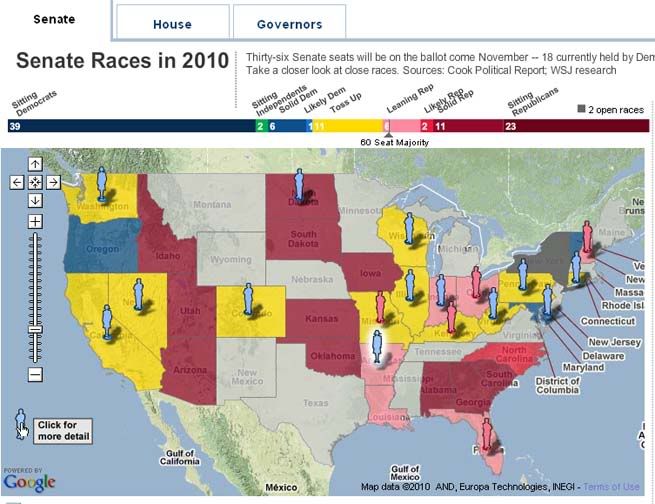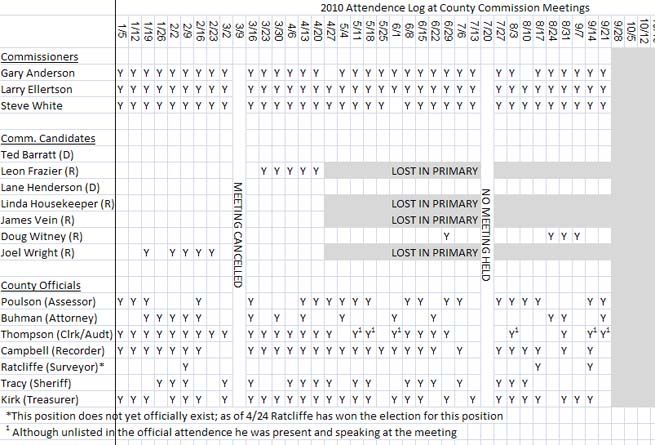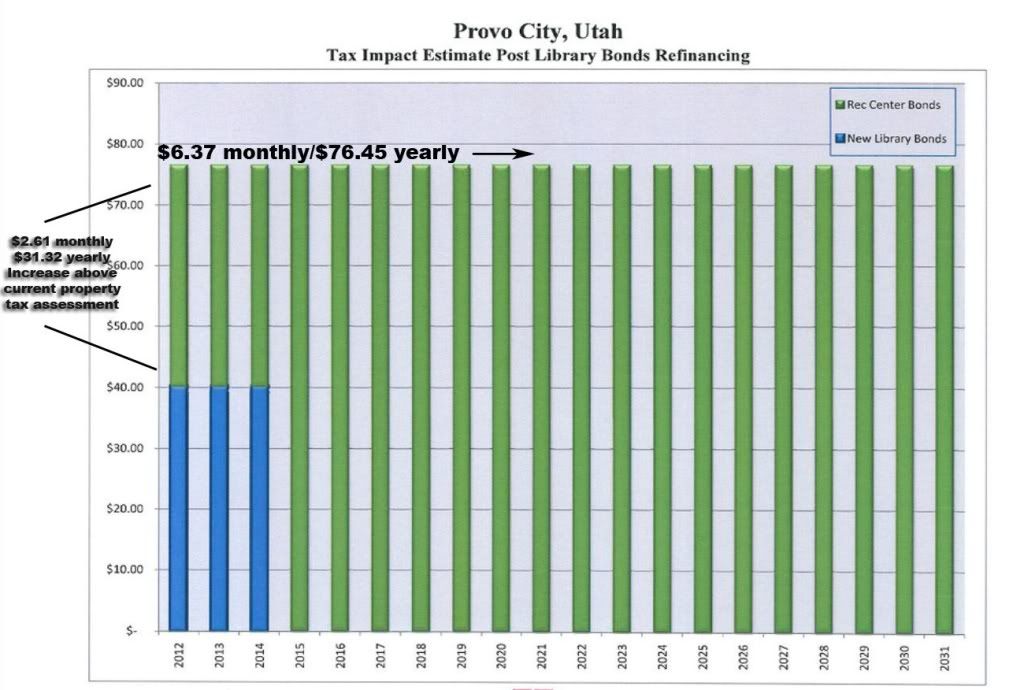I came across an interesting, short read by
Ken G. Nelson who served as a
DFL (Democratic-Farmer-Labor) Minnesota State Legislator for 20 years.
1 The reading, "
Some Ethical Tensions I have Experienced As a Minnesota State Legislator," is one promoted by Harvard
Professor/Lecturer Dr. David C. King who has used this paper repeatedly
a course on U.S. Congress and Lawmaking (Harvard Course PAL-210).
In this read, Nelson names 17 "ethical tensions"
2 he experienced without further discussion or elaboration. Although Nelson uses the word "tensions" it seemed to me that the word "tensions" was understating the seriousness of these so-called "tensions" when considering the
Congressional Oath of Office each Congressman is sworn to:
...support and defend the Constitution of the United States against all enemies,
foreign and domestic...
To me, this Oath means that every bill, every vote must be viewed with the underlying premise of "am I through my vote (actions) supporting and defending the US Constitution?" The resurgence of such a notion was evident in the recently-announced GOP "
A Pledge to America" where on page 33 the authors promise:
For too long, Congress has ignored the proper limits imposed by the Constitution
on the federal government. Further, it has too often drafted unclear and muddled
laws, leaving to an unelected judiciary the power to interpret what the law means and by what authority the law stands. This lack of respect for the clear Constitutional limits and authorities has allowed Congress to create ineffective and costly programs that add to the massive deficit year after year.
We will require each bill moving through Congress to include a clause citing the
specific constitutional authority upon which the bill is justified.
Such Constitutional underpinning will help provide a moral basis to ground the legislator through their ethical dilemmas and to help treat them with the seriousness imbued by the office itself.
What follows is a discussion of Nelson's 17 ethical tensions with my response (identified in
maroon) immediately following each stated tension:
(1) The ethical tension of living and working in the political culture, which operates on the pervasive and dominant value of re‑election, while voting and working against those special interests who can best help you get re‑elected. ("You ought to be able to drink their wine, eat their food, take their contributions, look them in the face, and vote against them.")
This tension must be resisted by the politician who must treat every election as a privilege and focus on serving the constituency though noble policy irrespective of potential impacts on reelection. To ameliorate such tensions, the politician should examine if they should be "drinking the wine" offered in the first place. Serving but a sole term and returning to one's profession is far more noble than a career in politics; for America has sadly been witness to acid-like exposure-to-power corruption acting upon even the most noble of our Representatives.(2) The ethical tension of voting against your own district, even the people who helped elect you, but for an issue that solves a statewide problem. (Policy by printout and parochialism.)
A basis of justification of voting against the district may be found in the Oath of Office above: sworn loyalty to the Constitution precedes loyalty to the district. Alternatively, politicians who feel government is best administered at the most local level possible--a theme derived from the Constitution--may find naturally that solving a local problem statewide is invasive.
(3) The ethical tension of voting for an issue you are against, either because you need that issue's supporters for your next vote (trading votes), or because you are a leader in your caucus, and the caucus members have decided they want this issue to pass. (lottery ‑ less latitude as you rise in leadership)
In theory, vote trading is not in and of itself evil, but rather the absconding of it is. If one were to engage in vote trading, they must be honest and open with their constituents; the potential embarrassment of such honesty provides an answer to whether one should vote trade. If votes were examined for their Constitutionality, votes most impactful to the nation would be found to be untradeable. Vote trading for leadership advancement or preservation is immoral as it promotes power over principle.(4) The ethical tension of taking credit on the campaign trail for what you have done for your district, but not wanting your colleagues at the capitol to hear this because they already believe you have benefited your district at the expense of theirs and it can negatively impact your effectiveness to deliver again.
Loyalty to the people of the district must supersede loyalty to the party.(5) The ethical tension of overusing the "I" pronoun, rather than the "we" pronoun when you work on an issue, pass a bill, chair a committee or give a legislative report.
If one is honest and wants to effectively gain influence with others they will give credit where it is due. Football coaching legend Bear Bryant is often quoted: "If anything goes bad, I did it. If anything goes semi-good, then we did it. If anything goes real good, then you did it."
(6) The ethical tension of working against good ideas because they are promoted by people of the minority party which is trying to take away your majority status.
One should never work against good ideas. People who push this corrupt philosophy are tyrants concerned about the preservation of power over principles which have made our nation great. Here's a great principle: great leaders sacrifice personal and party power for the good of the nation.(7) The ethical tension of preserving human relationships while working against people because they are of the other party or on the other side of an issue.
True relationships remain even when the parties differ in opinion. One must always treat the opposing side with respect; yet if the opposition does not return the handshake of fellowship it speaks not to a personal ethical problem, but rather belies the relationship of a friend who is in truth a colleague.
(8) The ethical tension of telling your supporters all you know or have done on an issue, knowing that it will erode their support for you.
To lie, or not to lie that is the fundamental question posed here. A lie can be guised as a part-truth inasmuch as our courts have us sware: "to tell the truth the whole truth and nothing but the truth so help you god."(9) The ethical tension of providing a quick budget fix, to get through the next election, knowing that you are compounding the long‑term fiscal problem of the state.
It is this very kind of common, unethical action that has placed our nation in financial jeopardy. Our latest 111th Congress went took this a step further and adjourned last month to go campaign leaving undone the Constitutional neglect of passing any budget.
(10) The ethical tension of characterizing an issue for the press in an objective manner, increasing the likelihood that you won't get quoted, or overstating it to get quoted.
Same response to this as (8) above: don't lie, don't misrepresent.
(11) The ethical tension of criticizing or not criticizing the press, even when you believe they deserve it, because you know they have more ink than you do.
Thank goodness for advent of the internet and modern media that makes it much easier to present the truth than to fret over yellow journalists. Always battle for truth and don't worry about the Goliaths in the media you have to face; it's OK if you lose an ink war, it's not OK if you lie.(12) The ethical tension of operating by certain rules; for instance, seniority,when you know that other people could better chair the committees.
One is only given so much power in life (thank goodness!) A sole politician may not be able transform entrenched power, but one can make a difference and should speak up. Doing so in a professional way may draw others to your thinking that were to abashed to speak.(13) The ethical tension of challenging your own leadership through a clandestine process of collaboration with the minority party.
Challenges should be open--for they are strongest when they are open. Under the rule of law as we have, when clandestine purposes are someday revealed as they always are, they ultimately weaken those who participated in them.(14) The ethical tension of voting without adequate knowledge, having others vote for you, being intimidated to vote against what you believe is right, or using the vote to get even.
Elected Representatives must be servants who have bridled their human passions for revenge and corruption. Regarding "adequate knowledge," one shouldn't vote on a bill they haven't completely read and studied which--given the thousands of pages our bills often reach--puts adequate knowledge out of the hands of all but a few specialists. In Federalist #62 Madison aptly warned against this type of "voluminous" and "incoherent" law:It will be of little avail to the people, that the laws are made by men of their own choice, if the laws be so voluminous that they cannot be read, or so incoherent that they cannot be understood...
(15) The ethical tension of telling people what they want to hear, knowing that they won't find out that you acted and voted otherwise; or couching it in such a language that they will be led to believe you were on their side when, in fact, you were not.
This goes back again to (8) and (10) above: don't lie, don't misrepresent.
(16) The ethical tension of ripping the system and its process, when you are frustrated with it, knowing that your criticism plays into the hands of those who are anti‑government or those who are struggling to believe in democracy but are becoming despondent and disengaged.
The strength of our Republic lies in our freedom--and indeed responsibility--as both citizens and representatives to criticize our government when it has gone astray. As Franklin succinctly put it, we have a Republic "if [we] can keep it."(17) The ethical tension of periodically asking yourself, "Why am I elected? Who am I serving?" and objectively measuring your answer against democratic ideals and goals and not just personal ambitions, and then asking your family the same question.
An elected Representative serves "We the People" through the Oath to uphold the Constitution. If the elected must periodically reflect on these questions, instead of having that ingrained into one's vision, it serves as a revealing symptom that the lust for power has already taken hold in the elected's heart. As one with a cancer, the elected should take immediate steps to eliminate the disease by rectifying their orientation and preventative actions to stop the disease. Like the awful mastectomy, the strong action including the possibility of immediate resignation should all be considered as options in preservation of the Oath and one's integrity.1Although admittedly Nelson's paper is written from a Democratic or Progressive viewpoint, the bias is mostly innocuous and I will waive my minor objections in order to foster discussion and attention on Nelson's points rather than bias2 Nelson names them only; I have numbered them for convenience sake.












